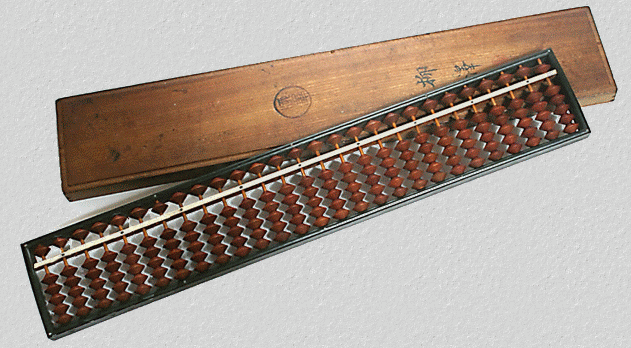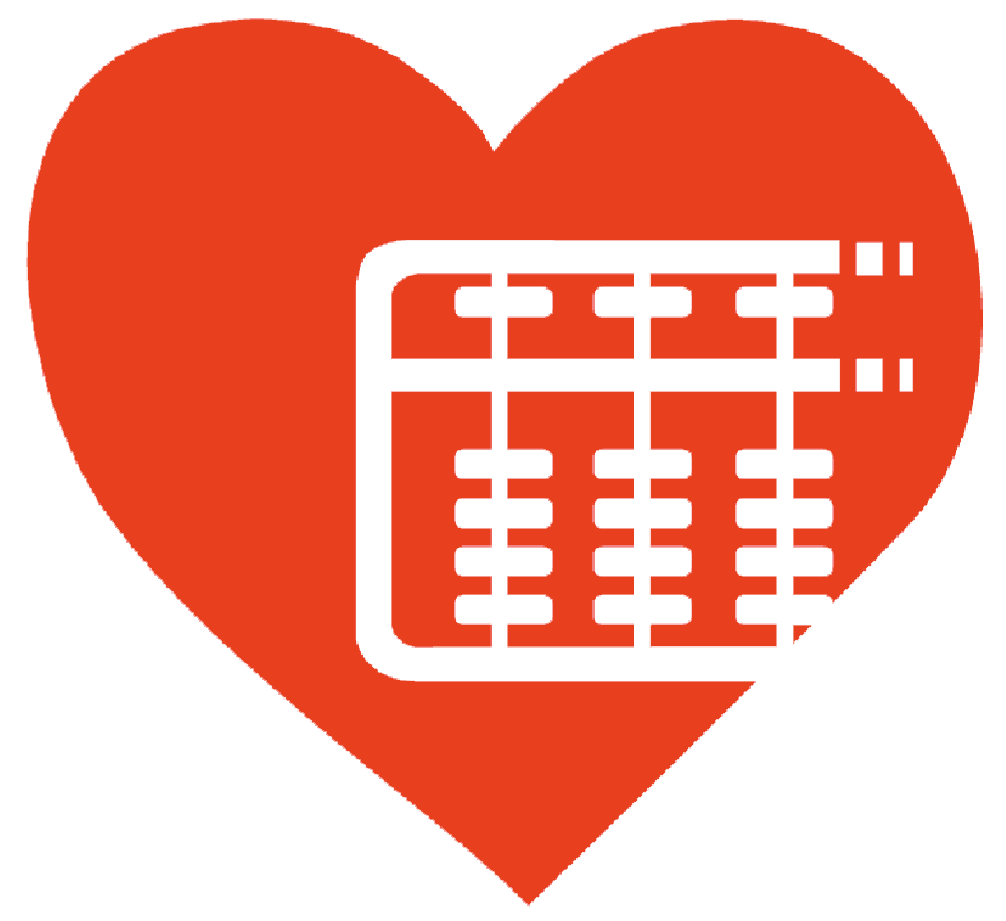Month: January 2016
Why Chinese still learn Abacus – an ancient calculation method
Quote Posted on
Grade Four pupils in Chinese elementary schools are still taught how to use the abacus, although many of the little emperors – who could play Nintendo games before they could speak….Every taxi driver in Beijing can tell you about the competitions held between geeks on electronic calculators and geeks on abacuses. A proficient abacus geek can do complex calculations faster than a rival keying in the same sums on a calculator. The abacus can be used for even square and cube roots.
Abacus – A Compensive Abacus Operation Manual
Quote Posted on

A compensative user manual for abacus
Source: http://webhome.idirect.com/~totton/abacus/pages.htm#Soroban1
Mathematics achievement of Chinese, Japanese, and American children
Quote Posted on
American kindergarten children lag behind Japanese children in their understanding of mathematics; by fifth grade they are surpassed by both Japanese and Chinese children. Efforts to isolate bases for these differences involved testing children on other achievement and cognitive tasks, interviewing mothers and teachers, and observing children in their classrooms. Cognitive abilities of children in the three countries are similar, but large differences exist in the children’s life in school, the attitudes and beliefs of their mothers, and the involvement of both parents and children in schoolwork.
Source: http://science.sciencemag.org/content/231/4739/693
Publication: Mathematics achievement of Chinese, Japanese, and American children
New Research Spotlights What Goes Right and Wrong in Doing Math; Two Studies Look at How Education in Different Cultures May Influence Higher Math Skills and How Math Anxiety Inhibits Performance
Quote Posted on
Psychologists Jamie Campbell, Ph.D., and Qilin Xue, Ph.D., of the University of Saskatchewan, Saskatoon, report in “Cognitive Arithmetic Across Cultures” on a straightforward study that compared the math performance and strategies of three groups of students who either were educated in different places or grew up in somewhat different cultures, resulting in interesting findings about their differing math performance, especially for complex math. Specifically, Campbell and Xue asked Canadian college students in each group — Chinese educated in the People’s Republic of China, Chinese educated in Canada, and non-Chinese educated in Canada — to solve simple and complex arithmetic problems, and to report how they solved them. Both Chinese groups were better at simple math no matter where they had gone to school, but only the China-educated Chinese were better (far better, at that) at complex math.
Read on: http://www.apa.org/news/press/releases/2001/05/math.aspx
Kaohsiung siblings break MATH world records
Quote Posted on
A brother and his two sisters from Kaohsiung City shattered four Guinness World Records for arithmetic calculation Saturday, under the extemporaneous testing of Kaohsiung Mayor Frank Hsieh and other officials.
Students who master abacus tend to excel not only in math, but other subjects as well
Quote Posted on
Students who studied abacus say that other subjects become easier for them. If student make a conscious effort to apply the techniques, they may be able to learn faster than others. Concentration and imaging techniques needed for abacus training exercises the right side of the brain rather than the analytic left, used for ordinary calculation. It can be useful in non-mathematical situations, in other words, in other subjects rather than math.
Read on: http://www.supermath.com/abcnews.htm
Learn Abacus -> Improve Memory
Quote Posted on
50 children of average IQ between 5 and 12 years from 2 regular schools and 50 from an abacus institute were evaluated for short term memory before and after a period of one and two years.
Read on: http://sipbrainpower.sg/Evaluation-of-Memory-in-Abacus-Learners.pdf
Abacus training help utilizing both sides of the brain
Quote Posted on
Recent studies have shown that the abacus method of mental calculation is effective in the development of the right brain. At first, this idea was only a hypothesis, but the recent development of high-tech machinery has helped provide tangible research data. In this section, we will present information provided by researchers who study the effects of abacus training.
Read more here: http://www.shuzan.jp/english/brain/brain.html

